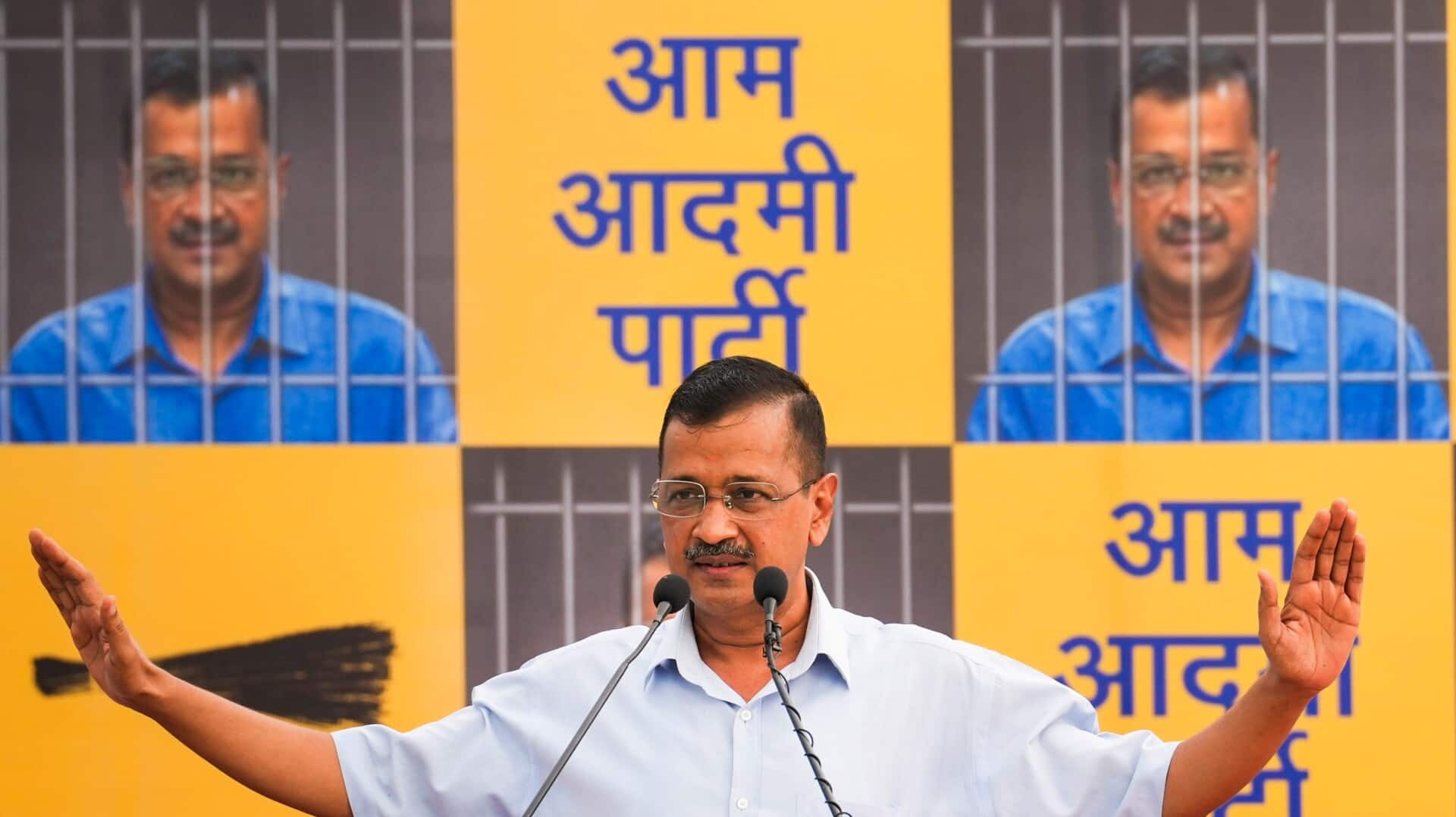
'Arrest legal, but...': What SC said while granting Kejriwal bail
What's the story
The Supreme Court on Friday granted interim bail to Delhi Chief Minister Arvind Kejriwal in the Delhi excise policy case.
The Aam Aadmi Party (AAP) chief will be released from jail six months after his arrest by the Enforcement Directorate (ED) on March 21.
He was subsequently arrested by the Central Bureau of Investigation (CBI) in June.
However, he cannot go to his office or the Delhi Secretariat, or sign files without Lieutenant Governor VK Saxena's consent.
Court remarks
Supreme Court's statements on Kejriwal's arrest
The Supreme Court, while granting bail to Kejriwal, made several key observations.
Justice Surya Kant stated that there was "no impediment in arresting a person already in custody."
He further noted that the CBI had recorded reasons for deeming the arrest necessary and found no violation of Section 41A (3) of the Code of Criminal Procedure.
However, Justice Ujjal Bhuyan raised questions about the timing of Kejriwal's arrest by the CBI.
Arrest timing
Questions raised over timing of Kejriwal's arrest
Justice Bhuyan noted that the CBI did not feel the need to arrest Kejriwal even though he was interrogated in March 2023.
"It was only after his ED arrest was stayed that CBI became active and sought custody...thus felt no need of arrest for over 22 months," he said.
He added that such action by the CBI raises serious questions on the timing of the arrest and suggested it was only to frustrate bail granted in ED case.
Case details
Kejriwal's involvement in Delhi excise policy case
Kejriwal and the Aam Aadmi Party are accused of receiving kickbacks worth ₹100 crore, including substantial payments from a "South group" led by Bharat Rashtra Samithi's K Kavitha for allotment of wholesale licenses.
The ED and CBI allege that this money was used by the AAP to fund election campaigns, including the 2022 Goa Assembly election.
They also claim that Kejriwal played a crucial role in drafting and approving the controversial November 2021 policy, which was withdrawn eight months later.
Denial
Kejriwal and AAP deny all charges
Kejriwal, the AAP, Kavitha and her party, have all denied these allegations.
They have counter-accused the ruling Bharatiya Janata Party (BJP), to whom federal agencies like the ED and CBI report, of orchestrating a campaign against its critics and opposition leaders, especially before elections.
To recall, Kavitha is the daughter of former Telangana Chief Minister K Chandrashekar Rao.